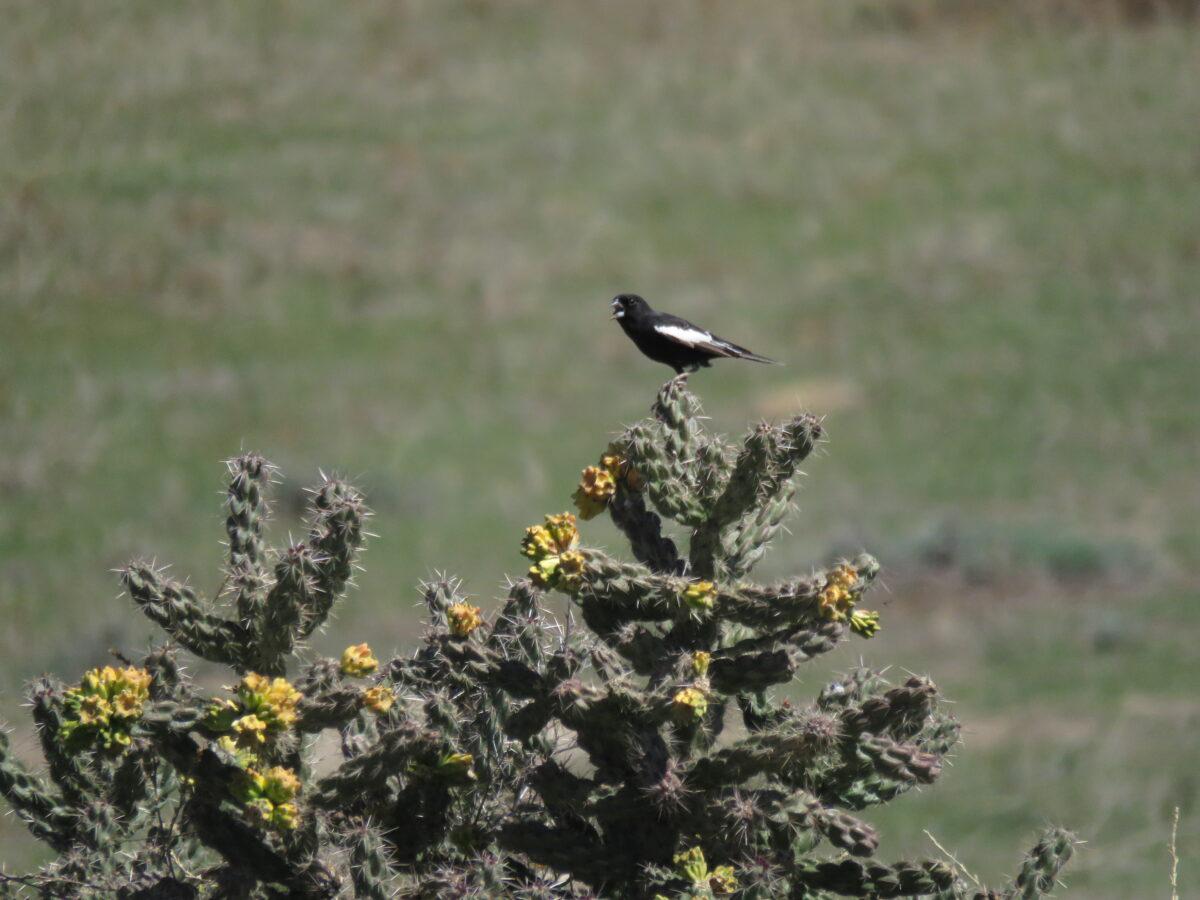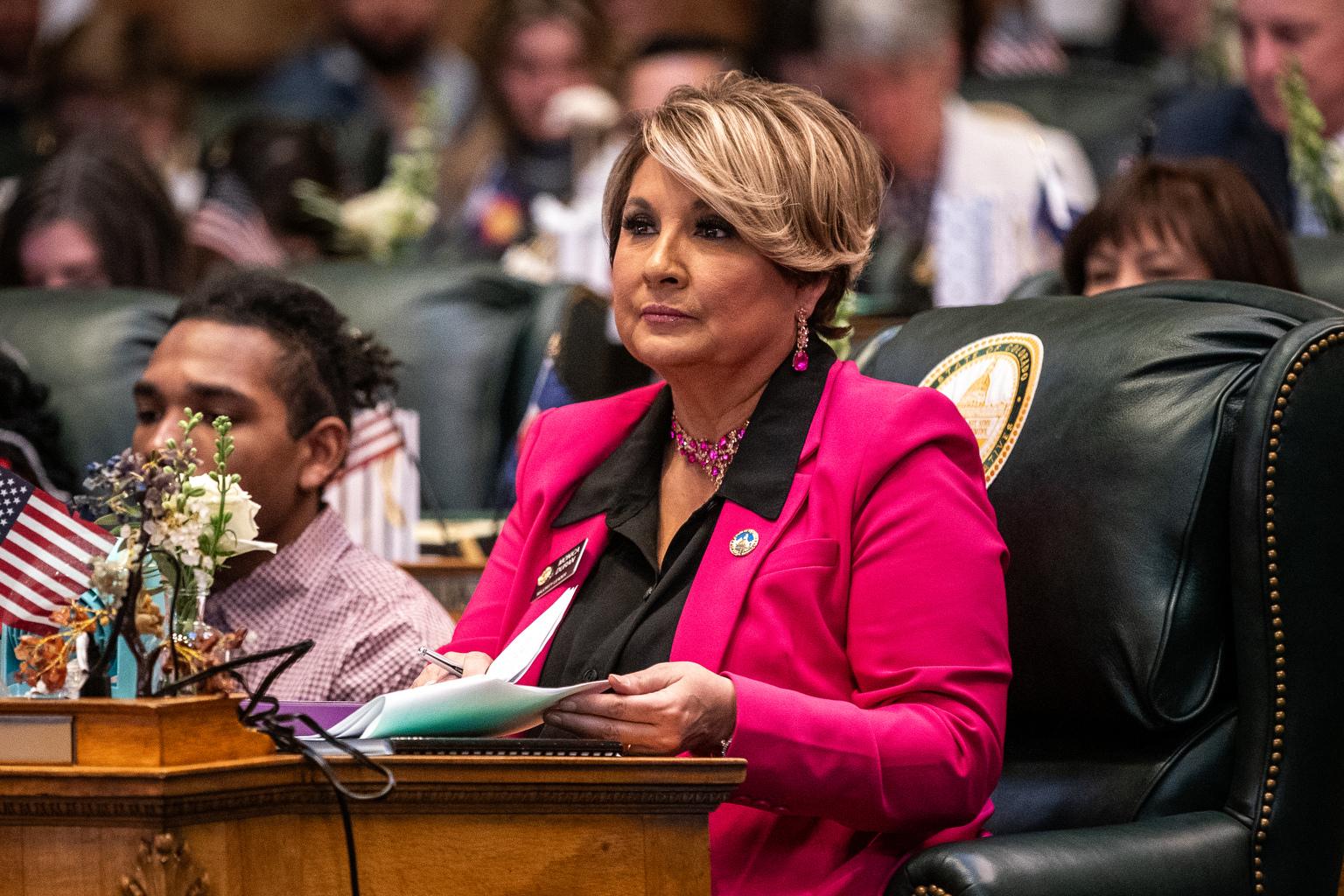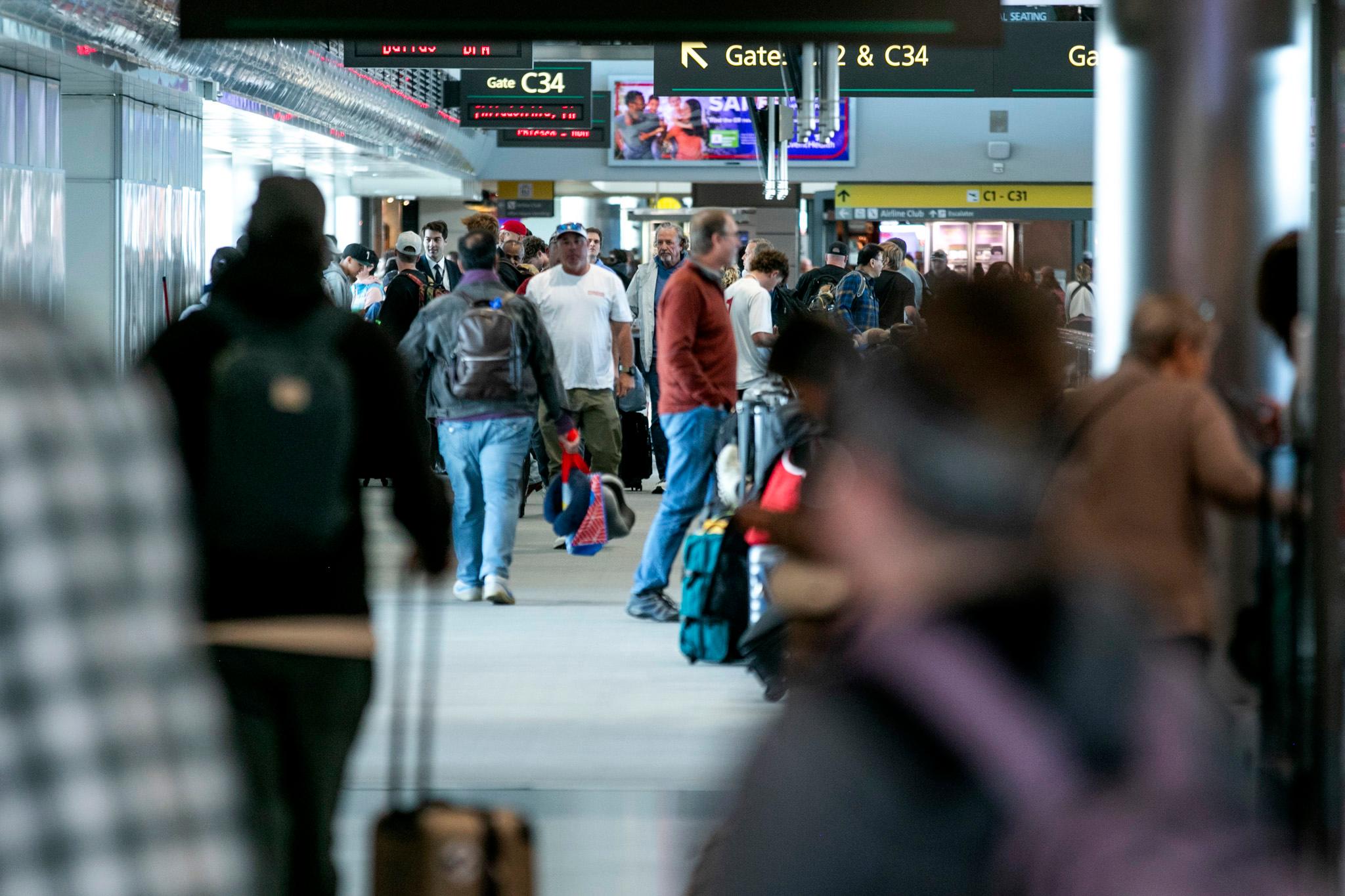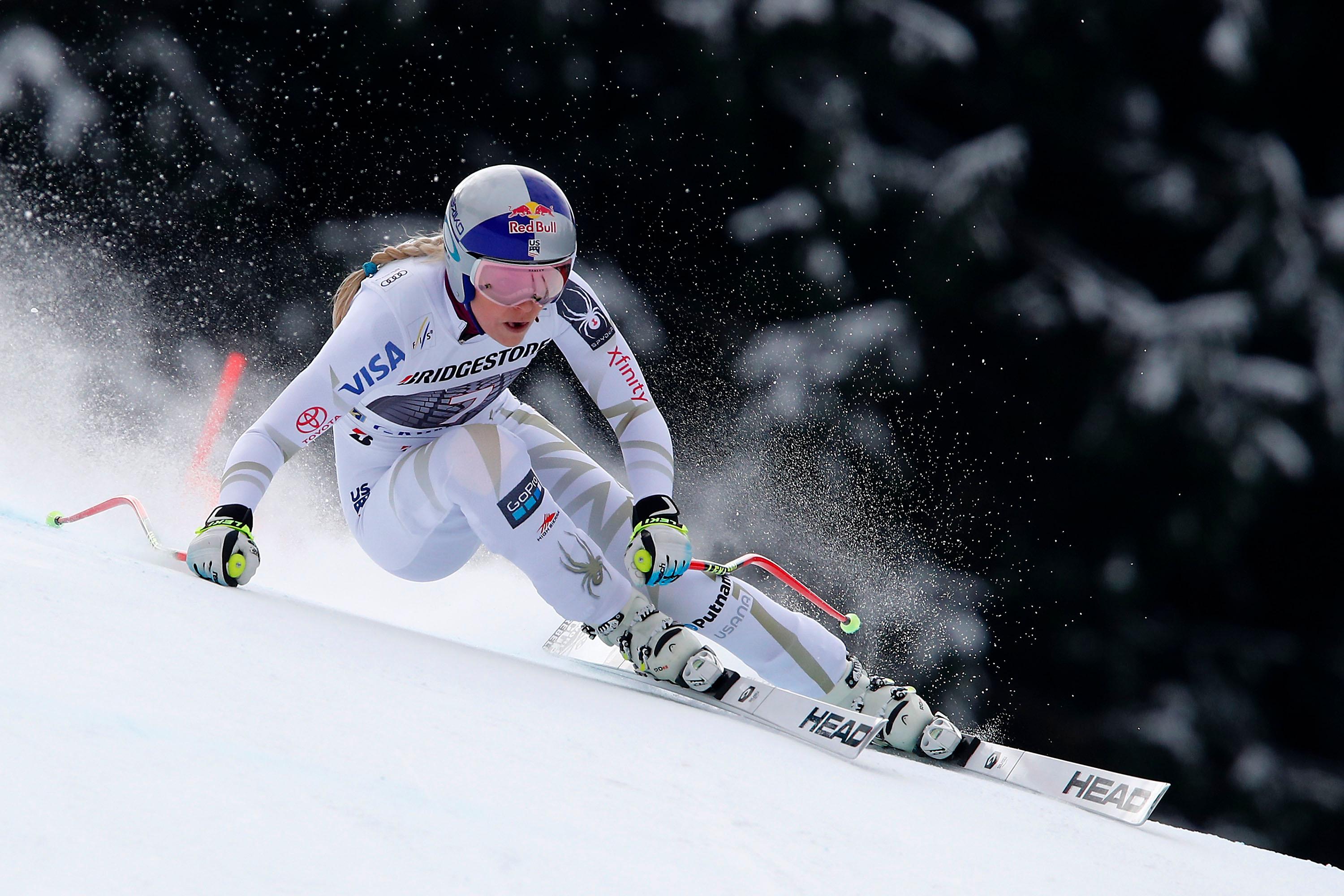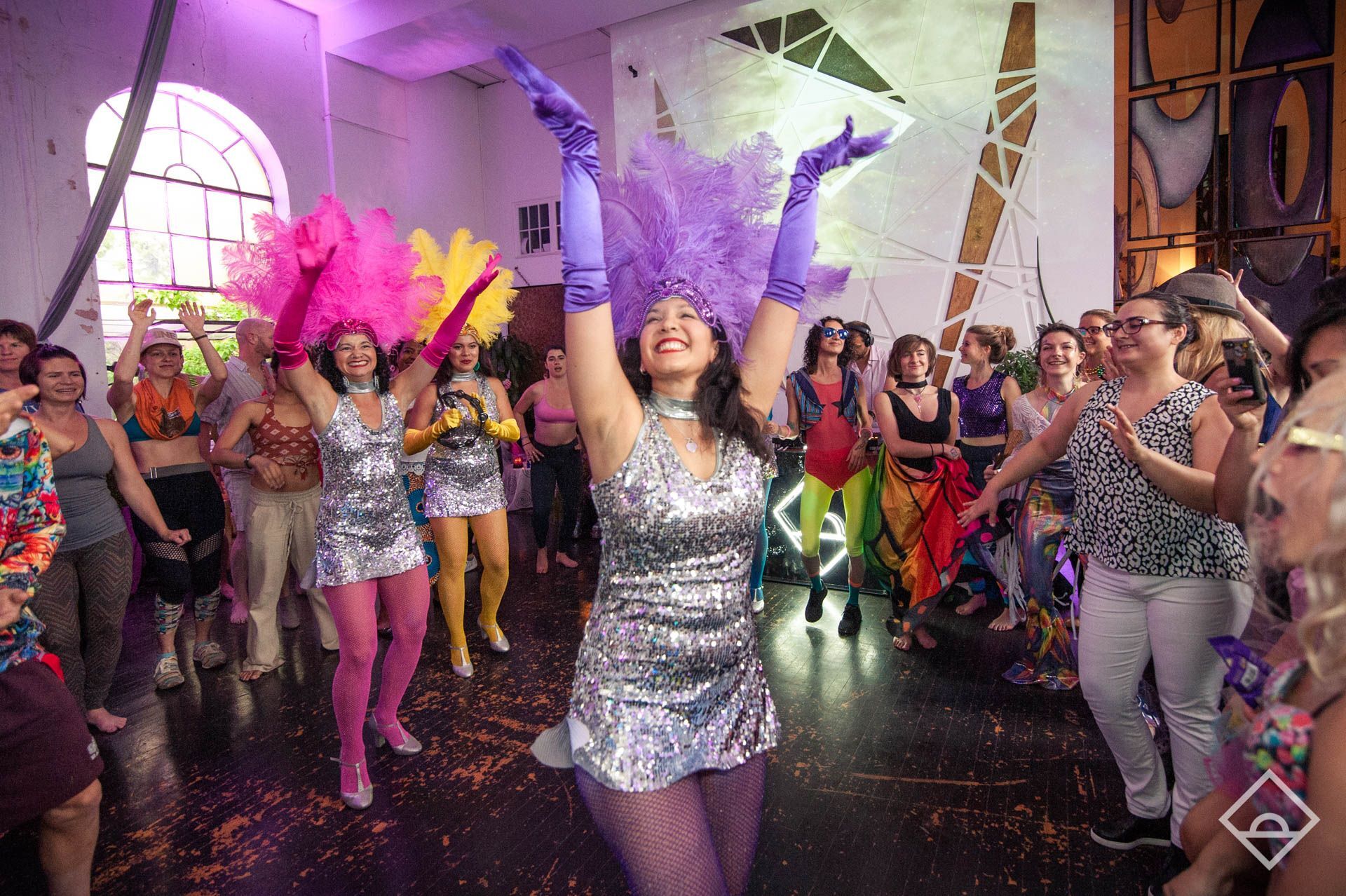
Dancing during the coronavirus pandemic has not been easy. Like galleries and movie theaters, dance studios and performance venues were closed to stop the spread of COVID. People could no longer gather and dance with each other. Dancers of all ages and experiences had to make due with practicing their steps and technique at home, wherever they could rehearse in cleared-out living rooms, backyards, garages, bedrooms or kitchens.
It was a difficult time for dance studio directors like Kebrina Josefina De Jesús, founder of Samba Colorado. The Brazilian dance school was gearing up for a busy year filled with exhibition shows, residencies and plans both abroad and at home when the coronavirus pandemic grounded all the dance to a standstill — and all the money that comes with it.
“Right before COVID we definitely had more dancers in the company. We had more students in classes, and every year, we do go to Brazil to train,” said De Jesús. “The whole calendar year was just — it was just wiped out.”
De Jesús originally grew up dancing salsa in New York City. She didn’t discover her love for samba until later in life. When she was teaching Zumba classes in Colorado, some of her students asked her to also teach samba. That was the start of what she said is the first samba school in the state.
Then COVID broke up the party.
Like many artists across Colorado, De Jesús had to adapt to find a way forward. “COVID definitely has taught me to be more creative as a director,” she said. “You can take class online, you can study online, you can do a show online. You could be online and in person and do a show like I would have never, ever in my dreams thought I can do that.”
And her studio is not the only one. Some dance studios are also offering a mix of in-person and virtual classes. Others have canceled class altogether or are only offering either in-person or virtual options. But that rush to virtual teaching was a process of trial-and-error. De Jesús says she was burnt out from trying to offer too much too fast.
“I was so stressed out. The moment COVID happened, I put like five classes online a week,” she said. “I was on zoom like crazy. Then I completely burnt myself out.”
Today, De Jesús has slowed down and offers a blend of online and in-person classes in Boulder and Denver.
“COVID also has taught me to push and to make new things,” she said. “It's not even about if we make money or not, it's just to provide more opportunities for the dancers in the community here in Colorado and now outside of Colorado.”
Summer is looking bright for De Jesús and Samba Colorado. In addition to classes, students can look forward to a school recital in May and a carnaval in June. Plus, as public life opens up as more people are vaccinated, many more future opportunities to gather together and dance.

